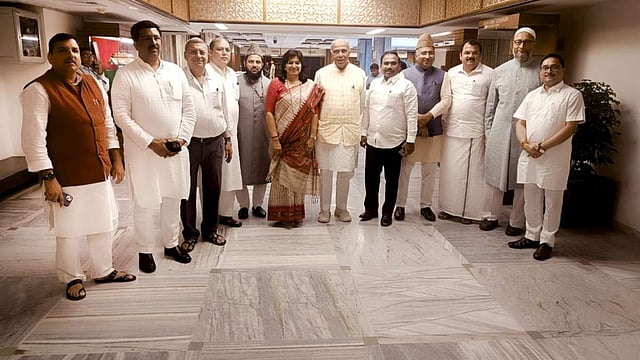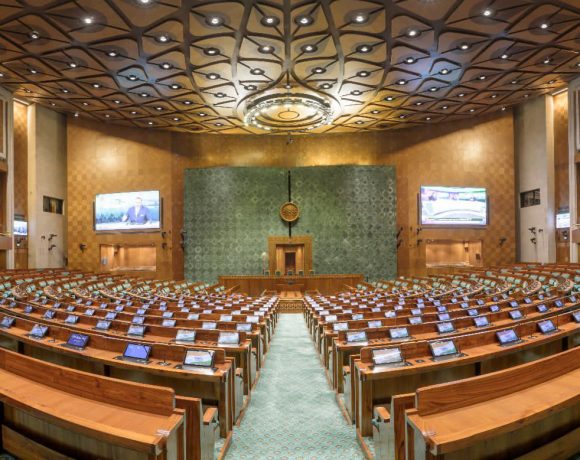
Joint Parliamentary Committee Approves Amended Waqf Bill Amid Opposition’s Constitutional Concerns
On January 29, 2025, the Joint Parliamentary Committee (JPC) adopted the amended Waqf (Amendment) Bill, 2024, during a meeting held in New Delhi. The bill seeks to introduce significant changes to the management and administration of waqf properties across India.
The Waqf (Amendment) Bill, 2024, aims to repeal the Mussalman Wakf Act, 1923, and amend the Waqf Act, 1995. Key provisions include redefining the process of waqf creation, altering the composition of Waqf Boards to ensure broader representation, and streamlining the registration and management of waqf properties. The bill also proposes the establishment of separate Boards for specific Muslim communities, such as the Boharas and Aghakhanis, and reforms the tribunal structure for dispute resolution.
Opposition members have criticized the bill, labeling certain provisions as “unconstitutional.” They argue that the proposed changes could undermine the autonomy of waqf institutions and infringe upon religious rights. Concerns have been raised regarding the inclusion of non-Muslim members in Waqf Boards and the potential impact on the traditional management of waqf assets.
Despite these objections, the JPC proceeded with the adoption of the amended bill. The committee’s decision marks a significant step toward the bill’s potential enactment, pending further parliamentary procedures.
The Waqf (Amendment) Bill, 2024, was initially introduced in the Lok Sabha on August 8, 2024, and subsequently referred to the JPC for detailed examination. The committee’s adoption of the amended bill indicates progress in the legislative process, though it continues to face scrutiny and debate from various political and community stakeholders.


















